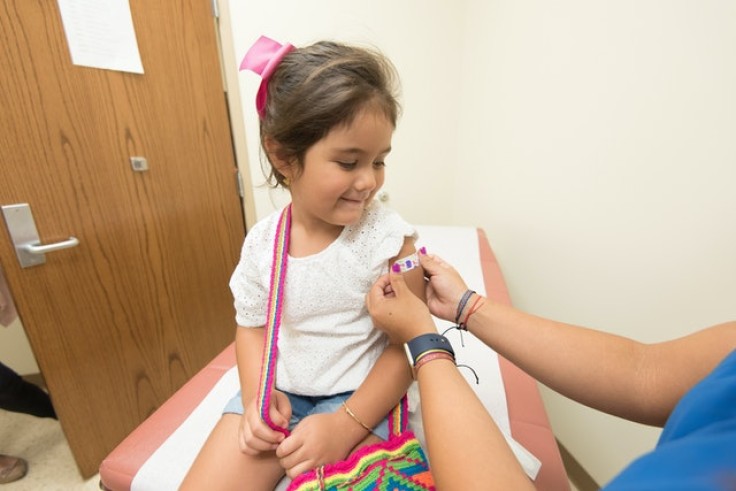
Sinovac's CoronaVac vaccine has been distributed to over 70 million people in 18 countries and regions worldwide, including Turkey and China. One hundred sixty million doses have been distributed so far. The vaccine has been approved for adults in China, but it has not yet been approved for kids since their immune response may respond differently to the vaccine.
At a news conference on Monday, the Chinese pharmaceutical company said that preliminary data shows Sinovac's COVID-19 vaccine is safe for kids aged 3 to 17 and sent the data to Chinese drug regulators.
More than 500 participants between the ages of three and seventeen were given two doses of either a medium or low dose of the vaccine, or a placebo, in Phase I or II clinical trials. At a press conference, Gang Zeng, Sinovac's medical director, said the tests showed the vaccine could elicit an immune response.
The vaccine triggered high fevers in two recipients, one of whom was three years old and the other was six years old. According to Zeng, the majority of the trial participants only had moderate symptoms.
He said the antibody levels elicited by Sinovac's CoronaVac were higher than those seen in earlier clinical trials in adults aged 18 to 59 and older people.
The lower dose could cause favorable antibody responses in children aged three to eleven years old, while the medium dose was successful in children aged twelve to seventeen.
The preliminary results have yet to appear in a peer-reviewed medical journal.
Professor Eng Eong Ooi of the Duke NUS Medical School in Singapore is leading a separate COVID-19 vaccine. However, he said that the company's publicly available data was insufficient to provide a definitive response on the results.
Why children need to be immunized
COVID-19 causes far less severe illnesses in children, but they are still at risk and may spread the virus. Adult vaccine programs have become the subject of vaccination campaigns throughout the world.
Doctors aren't always able to predict the kids are more likely to become critically ill due to COVID-19. They will have a lower risk of severe complications if they get vaccinated. It will also assist in the safety of high-risk older adults in their immediate vicinity.
Furthermore, children under the age of 21 account for nearly 25% of the United States population. Herd immunity is more likely if a sufficient number of them are vaccinated. When many people are resistant to a particular illness, this is known as herd immunity. If a disease's source, such as a virus or bacteria, is immune to enough people, it has no one to infect.
Since children aren't as vulnerable as adults, they weren't included in the original clinical trials.
The Pfizer vaccine is approved for use beginning at the age of 16 and is currently researched in children aged 12 to 16. Moderna studied the vaccine in children aged 12 and up and just revealed a new trial in children under 12.
Sinopharm, which manufactures two COVID-19 vaccines, is also testing the efficacy of its vaccines in infants. The company said it had sent clinical data to regulators in January, but it wasn't clear if it was for either or both vaccines.